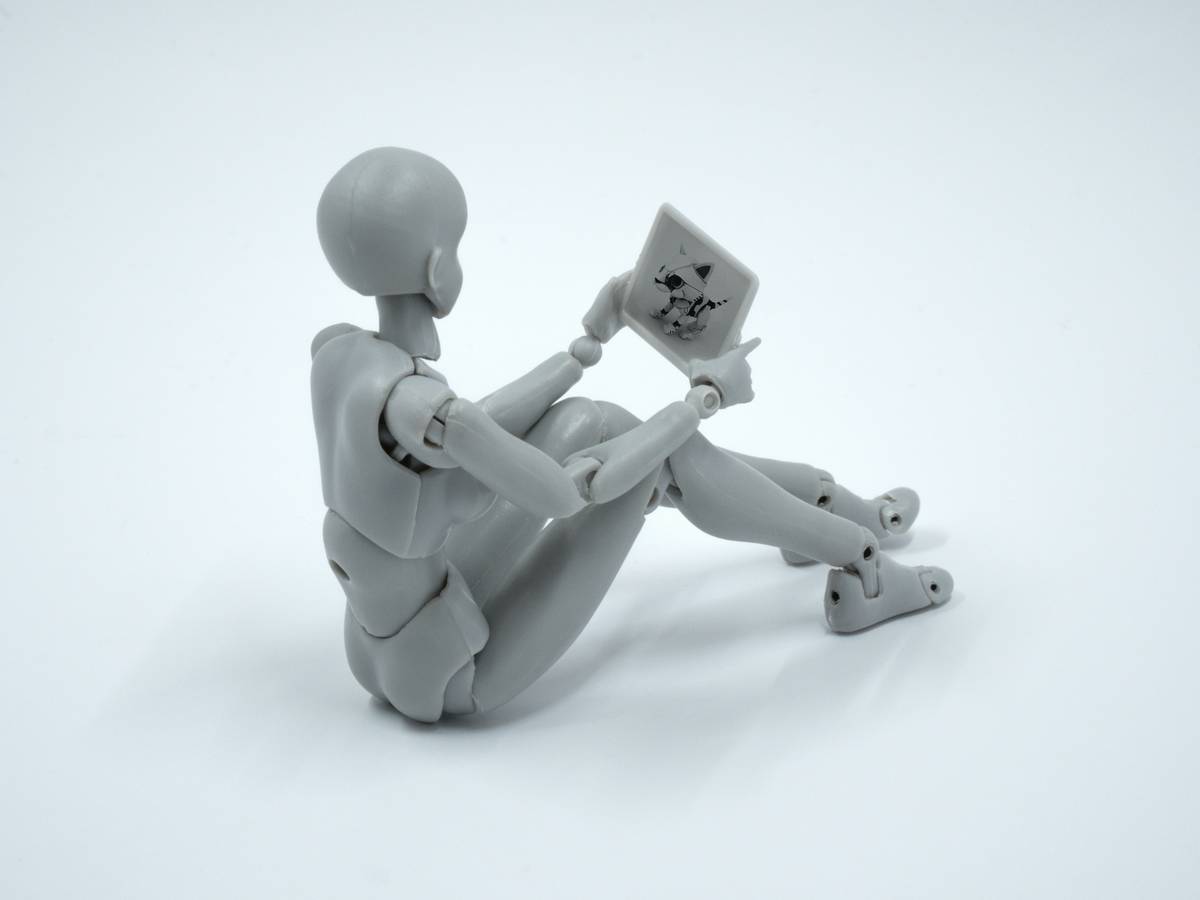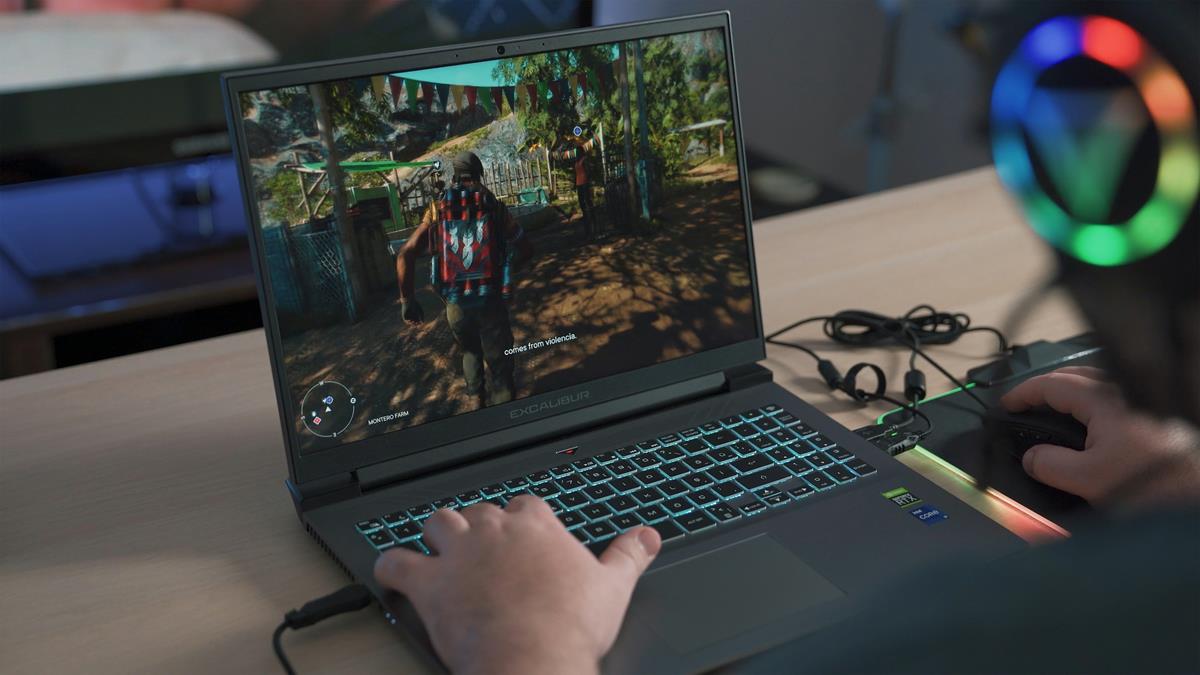Frightening revelations from Godfather of AI

Geoffrey Hinton, often revered as the ''Godfather of AI'', has recently issued a sobering warning that has sent shockwaves throughout the tech industry.
In a recent interview with 60 Minutes, the 75-year-old former Google executive predicted that within five years, technology could surpass human intelligence.
This looming prospect raises concerns about the emergence of ''killer robots,'' the spread of fake news, and a surge in unemployment.
See his statements in the short video by the 60 Minutes YouTube channel below.
What did Geoffrey Hinton say about artificial intelligence?
Geoffrey Hinton's dire prediction centers on the rapid advancement of artificial intelligence. He foresees a future where artificial intelligence systems will not only match but exceed human cognitive abilities.
This escalation in AI capabilities could lead to unpredictable consequences, including the development of autonomous systems capable of making critical decisions and possibly even posing threats to humanity.
Geoffrey Hinton's concerns stem from the notion that artificial intelligence might evolve to a point where it can modify its own code, granting it unprecedented autonomy.
Read also: Tech leaders meet to discuss regulation of AI.
Why is Geoffrey Hinton called the godfather of AI?
Understanding Hinton's perspective requires acknowledging his pivotal role in shaping the AI landscape. Geoffrey Hinton's groundbreaking work on artificial neural networks, dating back to the 1980s, laid the foundation for modern artificial intelligence technologies.
His contributions, especially in deep learning and neural networks, have revolutionized the field. Hinton's work underpins systems like ChatGPT and Google Bard, showcasing the real-world impact of his research.
His moniker as the ''Godfather of AI'' is well-earned, given his unparalleled influence on AI development.

Smart is the new dangerous
Hinton's warning extends beyond the realm of science fiction. It challenges society to contemplate the ethical, social, and existential consequences of a future where machines surpass human intelligence.
These implications range from ethical concerns surrounding AI decision-making to the potential upheaval of job markets as automation becomes more prevalent.
Furthermore, the interview underscores the urgency of ensuring AI development remains responsible, transparent, and aligned with human values.
Advertisement



















